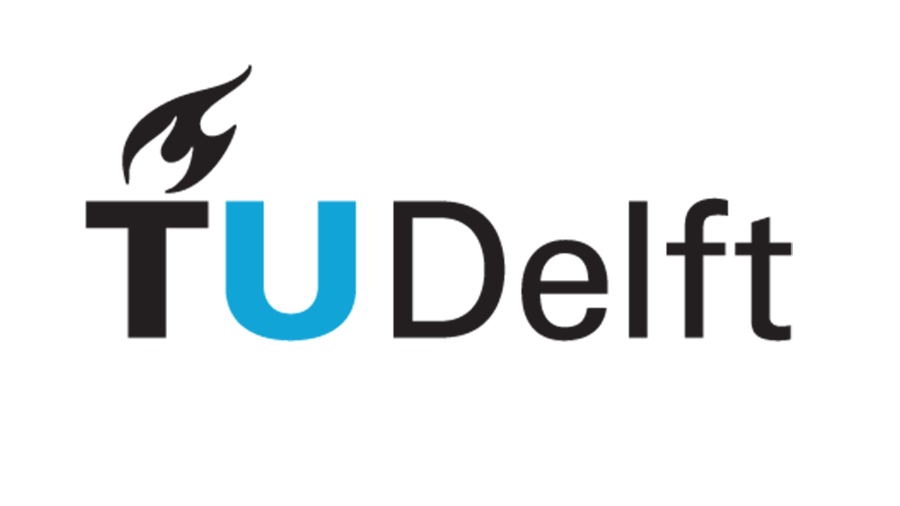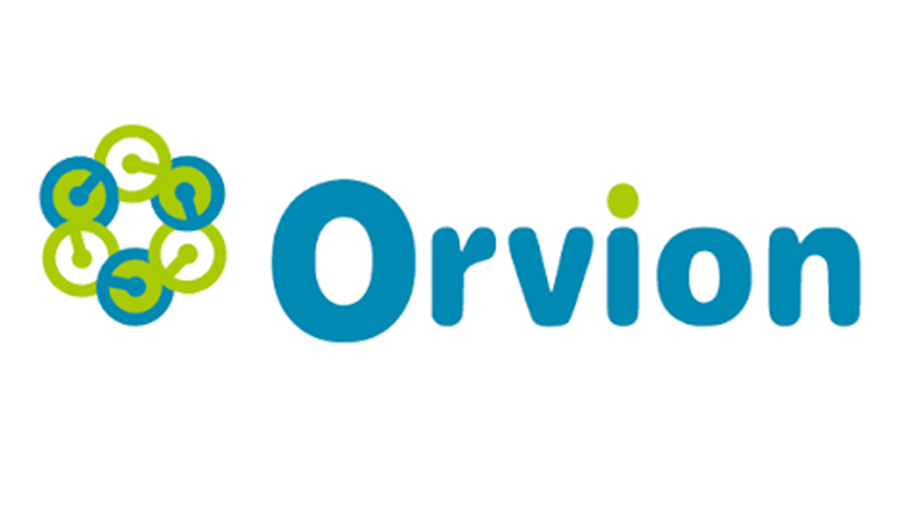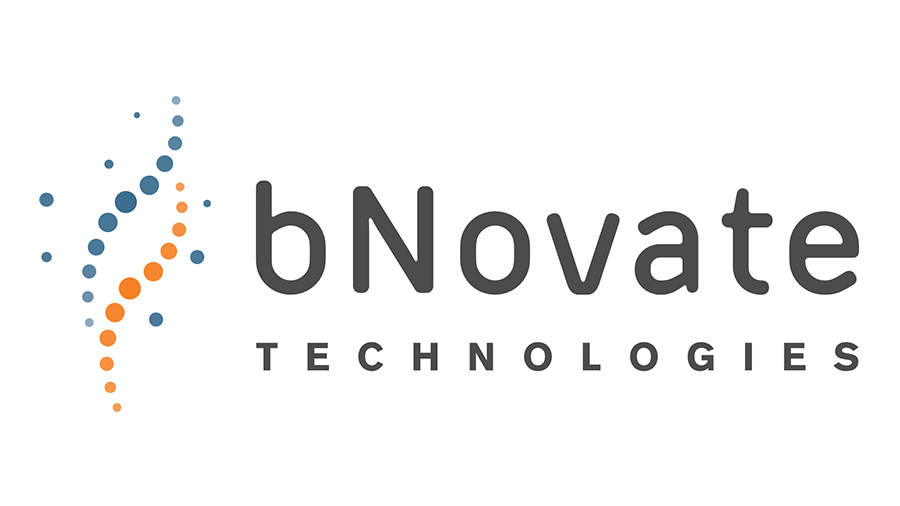Demo Case 1
Amsterdam, Netherlands
Background
Waternet, the water company of Amsterdam, serves 1.2 million people. Water is produced from surface water with two production plants: Leiduin (capacity 70 mln m3/year) and Weesperkarspel (capacity 31 mln m3/year). Although the finished drinking water complies with the PFAS standards of the new European Drinking Water Directive, the concentration of four specific per- and polyfluoroalkyl substances (PFAS) compounds, the so-called European Food Safety Agency (EFSA) PFAS compounds, exceed the provisional guide level of 4.4 ng/L for these compounds.
Key facts
Both oxidation by ozone and adsorption with conventional adsorbents are not effective in removing these EFSA PFAS.
Reverse osmosis is effective but is characterized by high energy demand and a residual product and thus is not a zero-pollution.
Expected impacts
- Test an innovative adsorbent on a laboratory scale and evaluate on the criteria removal efficiency, environmental impact, costs, and applicability on small-scale aCO2 footprint.
- Develop hard sensors to measure the effectivity of pesticide removal and effectivity of regeneration of exhausted adsorbent.







